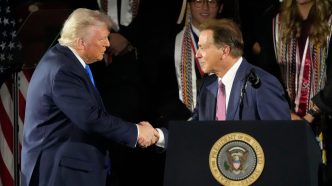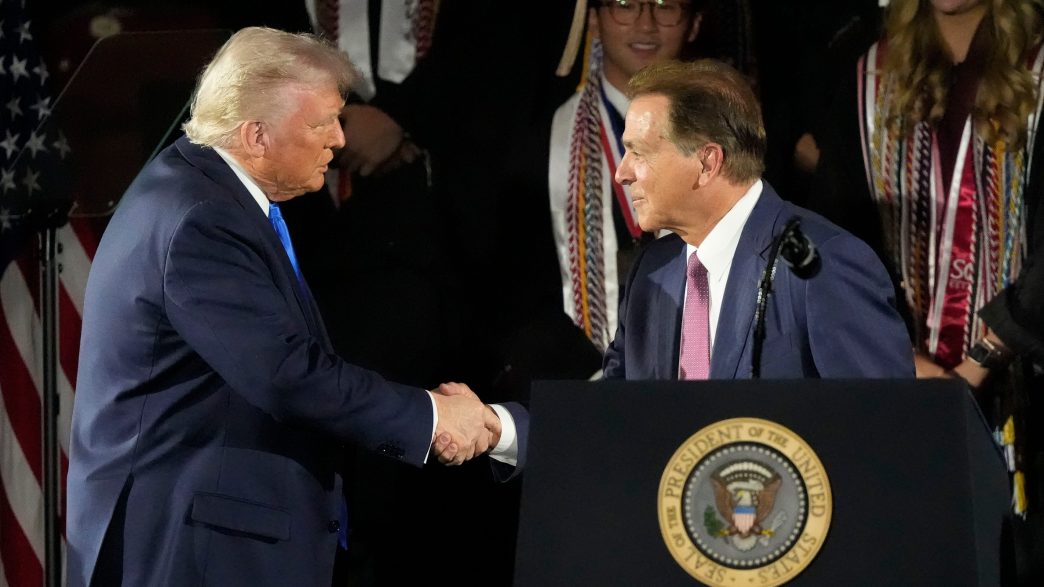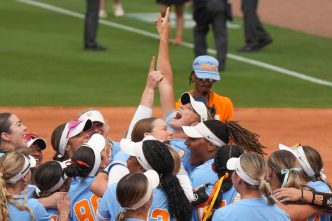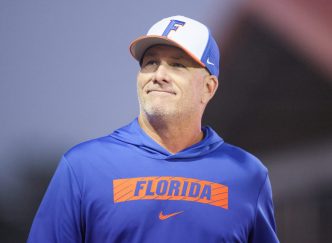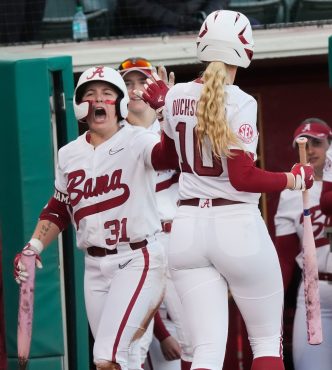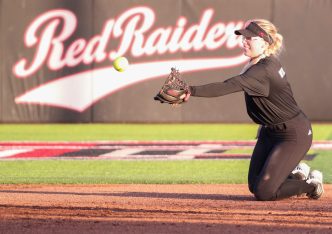Recently, tensions flared as an attorney involved in the House v. NCAA case responded critically to former President Trump’s proposal to introduce an executive order aimed at regulating Name, Image, and Likeness (NIL) payments for athletes. This development followed a meeting between Trump and Nick Saban, the legendary former Alabama head coach, who has had considerable influence in the college football realm.
Attorney Steve Berman, representing current and former college football players as well as other athletes in the proposed settlement, voiced his concerns about the timing and nature of Trump’s intentions. Berman articulated his discontent with the notion that Saban’s recent influence has led to this push for stricter oversight on NIL payments, explaining that college athletes are currently leading a transformative movement in sports that they should be allowed to navigate without unwarranted interference.
Berman remarked, “Coach Saban and Trump’s eleventh-hour talks of executive orders and other meddling are just more unneeded self-involvement.” His statement embodies the frustration of many who see this as a deviation from the momentum college athletes have gained in asserting their rights and capitalizing on their marketability through NIL deals.
Intriguingly, Saban’s relationship with this issue is complex. While he was coaching, he was known for his opposition to NIL payments and advocated for additional regulations. Now, his influence appears to be guiding Trump’s thoughts on crafting an order that could impose more oversight on the rapidly changing NIL landscape. Berman pointed out, “During his time scrutinizing the athlete pay structure, he made tens of millions of dollars and was previously the highest-paid coach in college football.” This comment highlights the deep-rooted concerns regarding self-interest amidst the ongoing evolution of athlete compensation.
As these developments unfold, we are also seeing a significant judicial decision on the horizon. A federal judge in California, Claudia Wilken, is currently evaluating whether to approve a major settlement in the House case that would fundamentally restructure the college athletics landscape, allowing schools to distribute money directly to players. With attorneys given a mere two weeks to finalize the language regarding roster limits and more, the sudden involvement of both Saban and Trump has some stakeholders feeling anxious about the direction of the conversation.
With the stakes so high and the landscape shifting rapidly, it’s essential to recognize the voices advocating for the rights of college athletes. Their push for empowerment and financial recognition stands in stark contrast to the meddling influences that could hinder their progress. As we look ahead, the outcome of the House v. NCAA case will be pivotal in determining the future of collegiate sports and the compensation structures that athletes will navigate.

